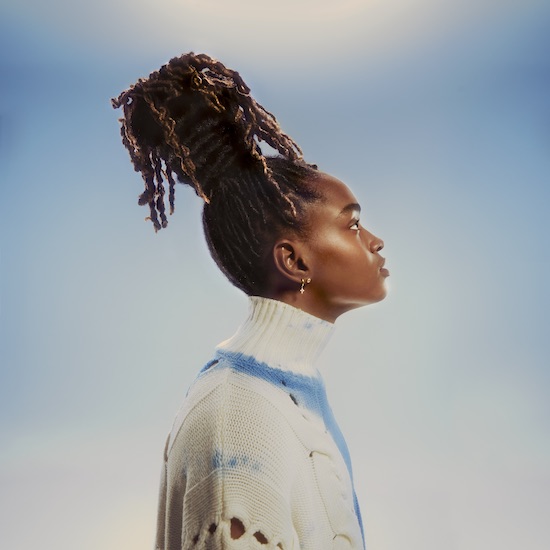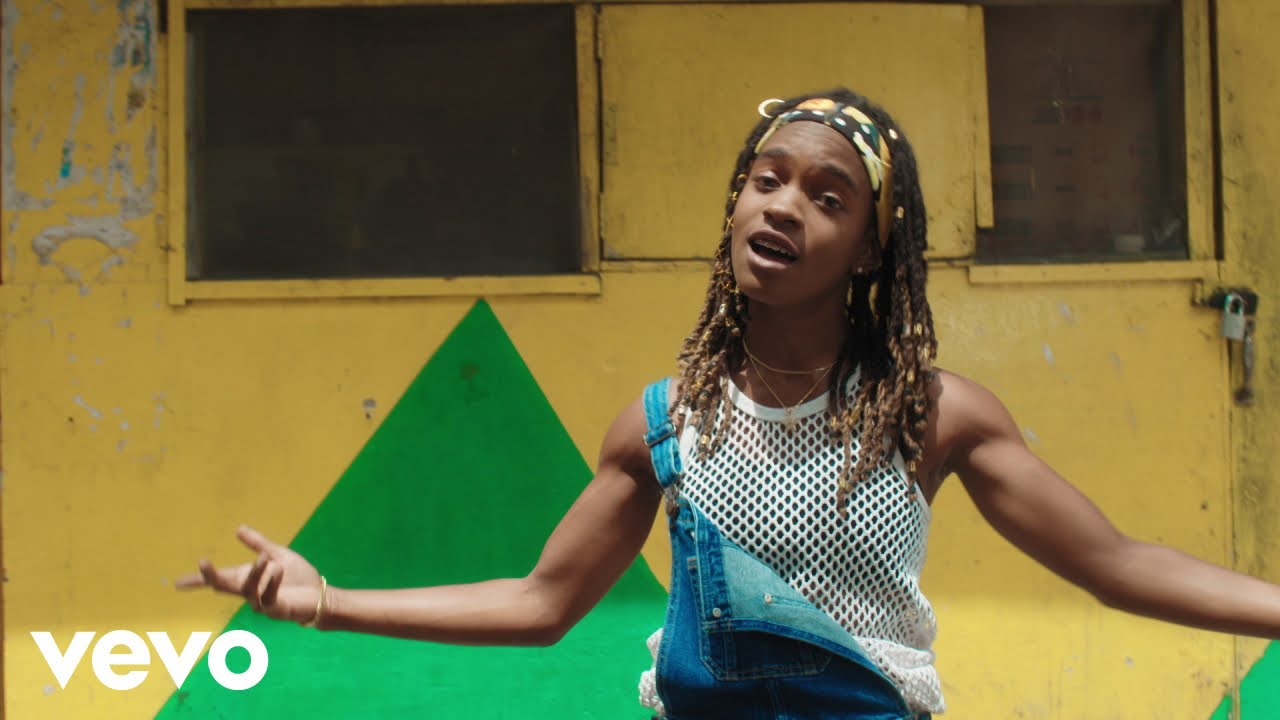Koffee’s ‘Toast’ is one of the greatest reggae pop songs of the last decade. Produced by Major Lazer, it was released in 2019, and at time of writing has almost 200 million views on YouTube and 121 million plays on Spotify. Three years after its release it has become summer canon, a pre-pandemic sunshine song. You’ve probably heard it, even if you don’t realise – I remember clocking its transition from the mainstream reggae and dancehall and into full blown mega-hit when I heard it regularly blasting from cars rolling down Southend seafront. It is a tune with an easy swagger; it pops and glimmers, and my god, does it get stuck in your head.
Originally from Spanish Town in Jamaica, Koffee (aka Mikayla Simpson) blew up on social media after she posted a video of herself playing guitar and singing her own tribute song to Usain Bolt on Instagram. She left school soon after and went straight into music, and the following year was presented on stage by reggae legend Cocoa Tea. Her first single ‘Burning’ followed in 2018, then the Rapture EP in 2019, but even before these releases she was being hailed as the future of reggae. She signed to Colombia in 2019 and was also included on the Obama family end of year playlist. Rapture then won the Grammy Award for Best Reggae Album, making Koffee the youngest person and only woman to have won Best Reggae Album.
Koffee emanates her own confident swagger, with the charm of youth and bags of gratitude. She’s a somewhat conscious artist, with certifiably good-mood songs that don’t stray into sex or violence – although romance, some light suggestion, and cars have begun to feature. More recently she’s also been subject to intrusive speculation and reams of homophobic abuse on social media that target her due to how she dresses or works out, in one case triggered by a single photo taken on a beach with a female fan. She’s never stepped out to declare or comment, and instead gives off a sense that she’s off making music, ignoring whatever toxicity stews below the line.
However, with the speed and scale of her ascent, this new album has a lot riding on its shoulders. How might a 22-year-old deliver on the legacy and promise of ‘Toast’ and Rapture? Gifted has to be an instant, no caveats classic to keep up. Unfortunately (and it pains me to write this) it’s not.
Recent singles trailing the album haven’t quite snapped onto the synapses in the same way as the tunes on Rapture. ‘Pull Up’ in particular suffers from the vaporous Dennis Villeneuve-ing of pop music, where JAE5’s production airbrushes everything into pastel-coloured exhaust fumes. Koffee’s considerable skills are almost lost in a fug of one-note car patter about ‘raris, and despite talking about going from 0-100 in two seconds, and actually having form in executing this vocally (check her out doing ‘Ragamuffin’ live to see her whipsmart staccato in action), it feels floppy and repetitive. The annoying thing is it’s nearly there, but there’s something muted about it and it feels too low energy for the subject matter (whether literal or metaphorical). Perhaps the sax is meant to be a signpost for a late night, heads down feel, but it’s neither one nor the other. It didn’t have to be like this – Koffee guested on another auto-tune (sorry) recently: The FaNaTiX’s guest-heavy ‘Vroom’ for Gran Turismo 7 (which also includes Idris Elba, Lil Tjay, and DaVido). This goes the other way and is an earworm with tight torque and a BPM like white lines on asphalt, with the mettle to carry its fairly daft chorus: “Vroom vroom, vroom vroom vroom vroom / vroom vroom vroom vroom vroom”.
Gifted is both a reggae album and an international pop record that’s aiming for the seven figure streams. Two sixty-second openers dig in on Jamaican lineage – ‘X10’ is a lighters-up tune over a ‘Redemption Song’ sample, and ‘Lonely’ is a roots reggae ballad proper, with full band. However, the first full length track on the album, ‘Shine’, lacks the glitter needed to elevate, feeling demo-ish, like the accompaniment is a sketch. It passes by without leaving much of an impression. Title track ‘Gifted’ is a low-key, stripped back affair, but despite production by Frank Dukes (who’s worked on tracks by The Weeknd and Post Malone, among others) the beats are utterly uninspiring. While it’s better for its bare bones, with a lo-fi sample of what sounds like schoolchildren that settles in after repeated listens, I can’t help but feel Koffee’s tune could soar here if it had been gifted a gusty wind instead of this lukewarm breeze. ‘Runaway’ too suffers from a lacklustre backdrop, and the productions don’t really hit the mark until the toughness of ‘Where I’m From’ (which Koffee produced). Singles ‘West Indies’ and 2020 single ‘Lockdown’ are standout (hyped Jamaican producer iotosh produced the former).
I’d love to think I just need more time with the newer tunes, but this album may have been infected by Covid-19’s wholesale destruction of positivity and creativity, as it lacks the brightness and sense of hope that Koffee’s pre-covid tracks had in buckets. Her successes to this point are not the result of hype, politics or some cynical music industry manipulations – watch her live back in 2017: she delivers. The beauty in her style is not just her distinctive staccato, but her ability to hit silky soaring choruses and low slung bridges too, all with her own irresistible ornamentations (she has a signature ‘mmm-hmm’). However, for the large part, what’s behind her on this album doesn’t step up to meet her (whether her own productions or someone else’s), and certainly doesn’t give her a platform to truly shine. I’m not giving up on Koffee yet, but while her vocals and songwriting are a gift, the productions here are not.



